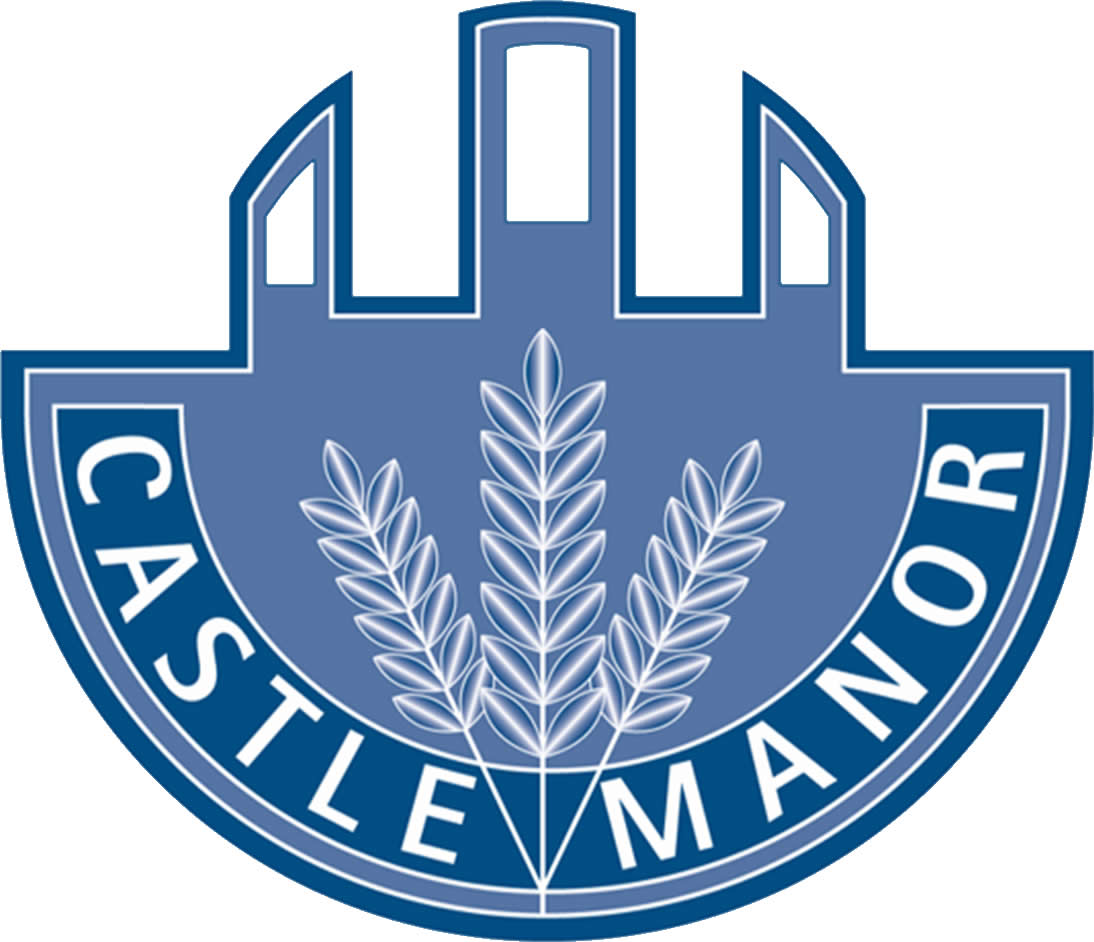The development of cookery throughout history has proven pivotal to human evolution, as such, food and cookery has placed itself at the centre of civilisation, culture, tradition and people’s everyday life for thousands of years.
At Castle Manor, Food Preparation and Nutrition is a subject with both theoretical and practical elements, cookery and knowledge of nutrition is a vital life skill, development of which will give students the tools needed to lead healthy lifestyles in the future.
Food lessons at Castle Manor promote independence, creativity, confidence and curiosity in the world of food around us.
Through both theory and practical lessons students will build and develop a repertoire of core skills such as knife skills, key cooking methods and an understanding of the functional properties of ingredients. Application of this knowledge will be vital as students will prepare a variety of predominantly savoury dishes. The curriculum is designed to be broad, sequenced and ambitious. High expectations in both theory and practical lessons ensure students leave their Food lessons able to access a range of skills and knowledge, building sequences and complex mastery year on year.
PROUD Values
The PROUD values are interwoven through the curriculum and student have many opportunities so showcase these.
Professional – Students have the opportunity to take part in a variety of prestigious school events through their KS3 learning, such as Open Evening and Haverhill Heroes, in these events students have to work within time constraints and produce dishes to a standard suitable for serving to the community.
Resilient – Practical cookery is a skill that not everyone feels comfortable carrying out. At Castle Manor our curriculum is designed so students understand the principles behind how ingredients work, understanding why a dish or process might have gone wrong and being able to fix this builds resilience.
Optimistic – Every single student is given the opportunity to cook at Castle Manor. Confidence and skills are built through the curriculum, leading to learners who can approach recipes, no matter the skill level with confidence and optimism,
Understanding – Throughout the KS3 curriculum students will encounter dishes from different cuisines and dietary choices. Students will understand why people choose, or a forced to make decisions regarding their diet and how this can impact their health. Common misconceptions regarding special diets are spoken about and corrected in a safe environment
Driven – At the end of the year students are assessed practically, this gives them the opportunity to choose a dish to cook. Learners are encouraged to choose dishes related to the skills we have been building and discouraged from cooking the same dish each time. This exposes learners to many different dishes and recipes and instils a drive to want to challenge themselves.
The Food curriculum in Year 9 is challenging. In this year students make Options choices, meaning I may see them at Key Stage 4, or this is now the end of their school-based Food education. Here we have found a balance between preparing students for Key Stage 4 and equipping students with the knowledge needed to access recipes and cookery in future life.
Year 9 focusses on ‘Food Science.’ Here students explore the chemical and functional properties of food, such as protein changes, raising agents and caramelisation. Lessons are a blend of theory lessons, demonstration lessons and practical lessons. Full demonstration lessons are added here to allow students to explore a range of scientific cookery principles, which are not possible to complete in practical lessons. Understanding the functional properties of ingredients and how they work and interact together is a vital skill to have in life in order to re -create and create recipes and dishes for yourself, leading to a more varied and exciting diet.
This curriculum asks students to build on knowledge learnt in year 7 and 8 in order to access this ambitious and challenging topic. Practical lessons also become more challenging with students using higher level skills and complex cookery, such as meringue, choux pastry and Lasagne, with the latter being completely independent and requiring students to use knowledge learnt throughout the curriculum.
Our Staff
- Miss C Spurling – Team Leader for Arts and Technology
